We are all interconnected, and we are all nurtured by our Mother Earth.
On 30 June 2021, the Auckland Interfaith Council (AIFC) invited members, guests and friends of the public to an evening of sharing, reflecting and connecting with people of faith. The Avondale Islamic Centre hosted the event.
Seven AIFC members reflected on our environment – each from their own faith perspective.
It was amazing to see how diverse the presentations were and yet how they referred to our “Mother Earth”.
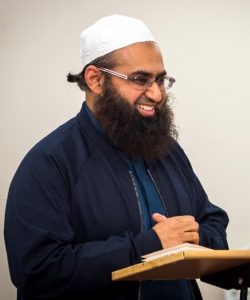 The host, Imaam Muhammed Shaakir, who grew up in South Africa, reminded us to be grateful to our Creator for our safety in Aotearoa New Zealand while South Africa had just been put back into lockdown level 4.
The host, Imaam Muhammed Shaakir, who grew up in South Africa, reminded us to be grateful to our Creator for our safety in Aotearoa New Zealand while South Africa had just been put back into lockdown level 4.
According to Muslim belief, the world had been subjugated to us for the benefit of humankind – but with this right comes the great responsibility of how we use it: “Whatever is in our hands, is for our benefit but Allah watches how you treat Mother Earth.”
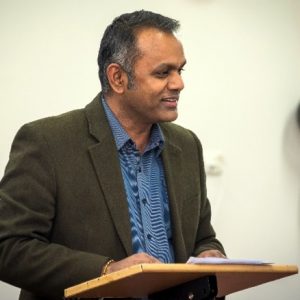 Ram Lingam, the Hindu representative on the AIFC, explained how Hindu Dharma is aiming at the liberation from our ignorance. The knowledge of Dharma, which means the very nature of a thing, creates balance and ultimately happiness.
Ram Lingam, the Hindu representative on the AIFC, explained how Hindu Dharma is aiming at the liberation from our ignorance. The knowledge of Dharma, which means the very nature of a thing, creates balance and ultimately happiness.
The Hindu practices that help with maintaining balance in the environment are:
1. Seeing Divinity in everything
2. Doing Good Karma
3. Practice Non-violence
If we want to succeed in preserving the environment, we first need to change our own behaviour and align it to Dharma.
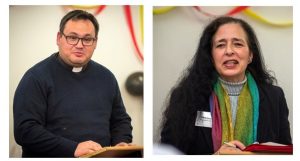 The two Christian speakers, Rev Ivica Gregurec (Anglican) and Beate Matthies (Catholic) started with their reference to the Book of Genesis where God entrusted his creation to humankind – to look after it and be stewards.
The two Christian speakers, Rev Ivica Gregurec (Anglican) and Beate Matthies (Catholic) started with their reference to the Book of Genesis where God entrusted his creation to humankind – to look after it and be stewards.
In the course of history, there have always been faithful who called their societies they lived in to care for the environment. This is a concern for all Christian denominations.
The Ecumenical Patriarch Bartholomew of the Eastern Orthodox Church is referred to the “Green Patriarch” and is known for his focus on the Care for Creation.
The Anglicans have dedicated one of their Marks of Mission to Safeguard the Integrity of Creation.
Pope Francis, the head of the Catholic Church, issued a document on the Care of our Common Home in 2015. His papal name Francis refers to St Francis of Assisi who lived about 800 years ago. This saint, recognised both in the Anglican and in the Catholic Church, gave an example of a changed attitude towards Mother Earth. He sang songs of praise for all creation and was building bridges between people, countries and religions.
Pope Francis widens our responsibility of care by reminding us that being in harmony with God means to recognise the inseparable “bond between concern for nature, justice for the poor, commitment to society, and interior peace”.
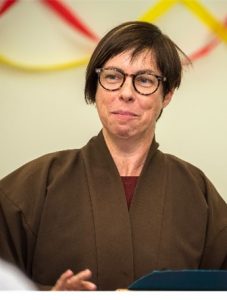 Caitlin Bush, the Buddhist speaker, gave a warning message on the current Climate Crisis which is unprecedented. Approximately 7,500 of New Zealand’s plant and animal species are in some danger of going extinct.
Caitlin Bush, the Buddhist speaker, gave a warning message on the current Climate Crisis which is unprecedented. Approximately 7,500 of New Zealand’s plant and animal species are in some danger of going extinct.
In this situation, Thich Nhat Hanh invites us to “fall in love with Mother Earth”.
Rev Marama Diane Winder (Interspiritual /Interfaith) also raised concerns in her message that was read out: the world population is predicted to surpass 8 billion by 2023. The more people are sharing this planet, the more we realise how interconnected we are: we are to be kaitiaki, guardians of our precious planet.
Quoting Thomas Berry, she stated: “we human beings are a dimension of the Earth, rather than a dominating force.”
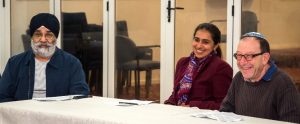 Several of the speakers referred to their sources and their religious leaders and authorities. This was the starting point for the last presentation: a conversation between Paul Wilton (Jewish) and Harpreet Singh Kohli and Jagjeeta Kaur Oberoi (both Sikh).
Several of the speakers referred to their sources and their religious leaders and authorities. This was the starting point for the last presentation: a conversation between Paul Wilton (Jewish) and Harpreet Singh Kohli and Jagjeeta Kaur Oberoi (both Sikh).
Whereas the Jewish Community started with Abraham about 4,000 years ago, the Sikh religion is only about 500 years old. Both religions draw their knowledge and authority from written and oral sources.
For the Jews, it is the 5 Books of Moses (Bible) and the Talmud (Oral Law) followed by centuries of rabbinic writings and rulings up to the present day. Sikhism has the Guru Granth Sahib (Sikh Holy Book) and the knowledge collected from the 10 Gurus who have been leading the Sikh.
The group gave examples of what their communities were doing to care for the Earth:
1. Cleaning up beaches
2. Providing food and reach out to others
3. Eco-friendly plates to serve food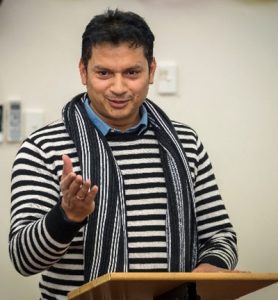
4. Keep waters clean
In his closing remarks on behalf of the hosting community, Aadil Basha, suggested to take on a project of cleaning up areas in Auckland.
The key words of the evening were: Mother Earth, Care – and Connectedness.
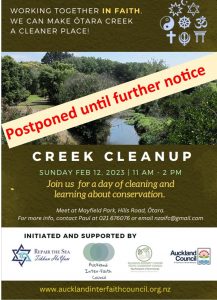
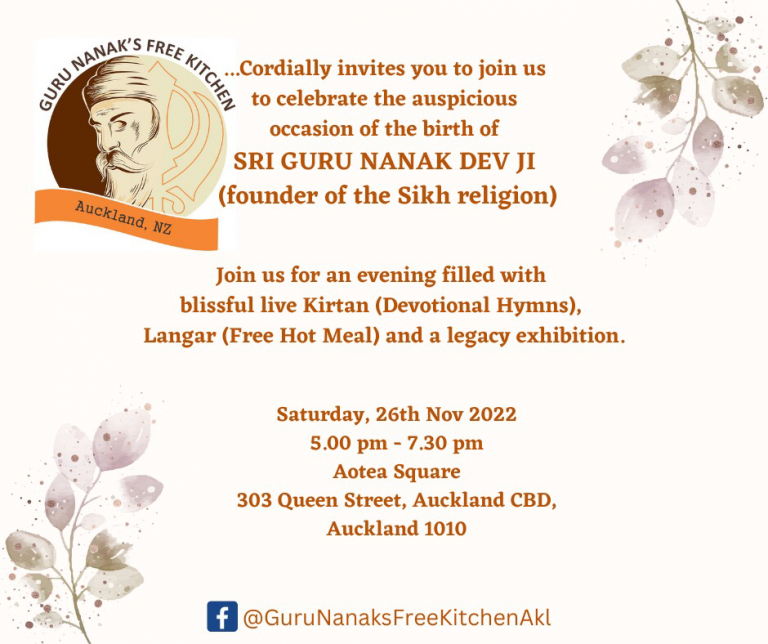
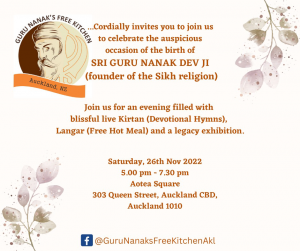
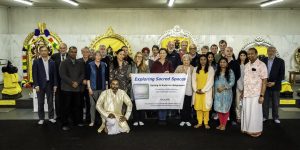
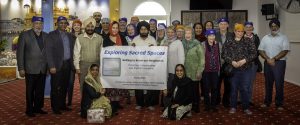
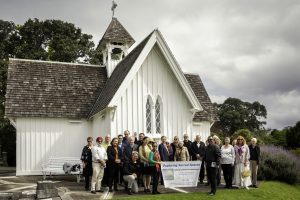
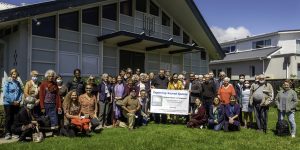
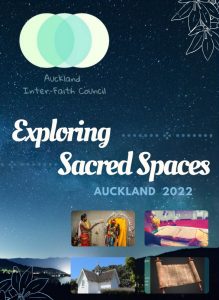
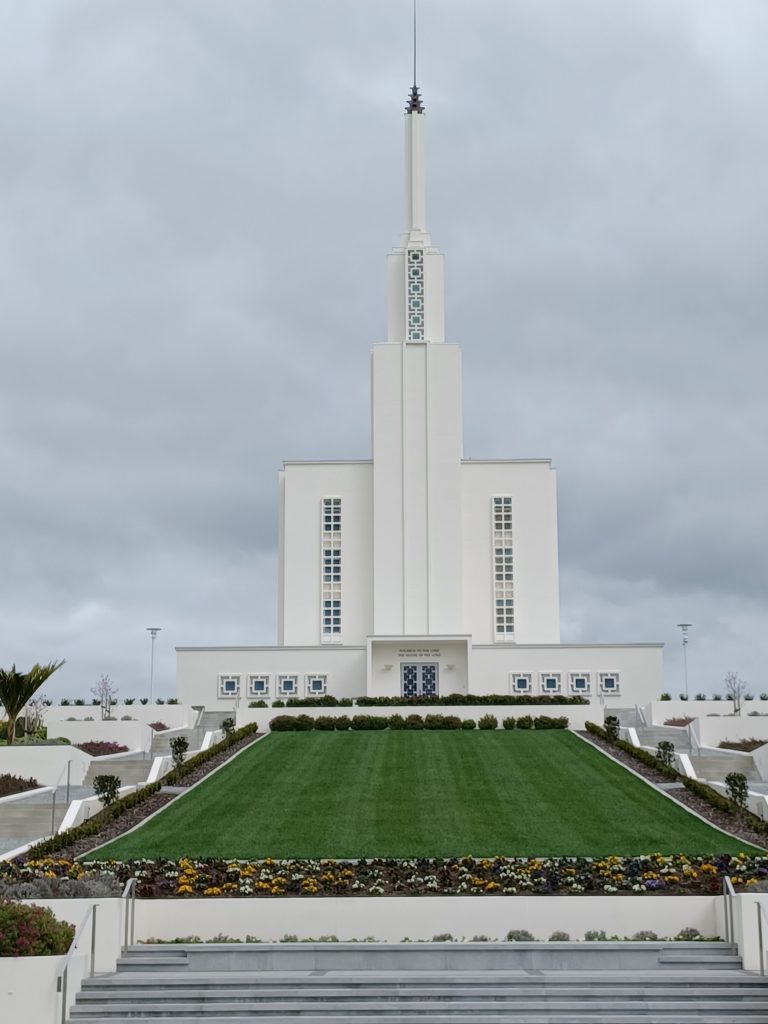
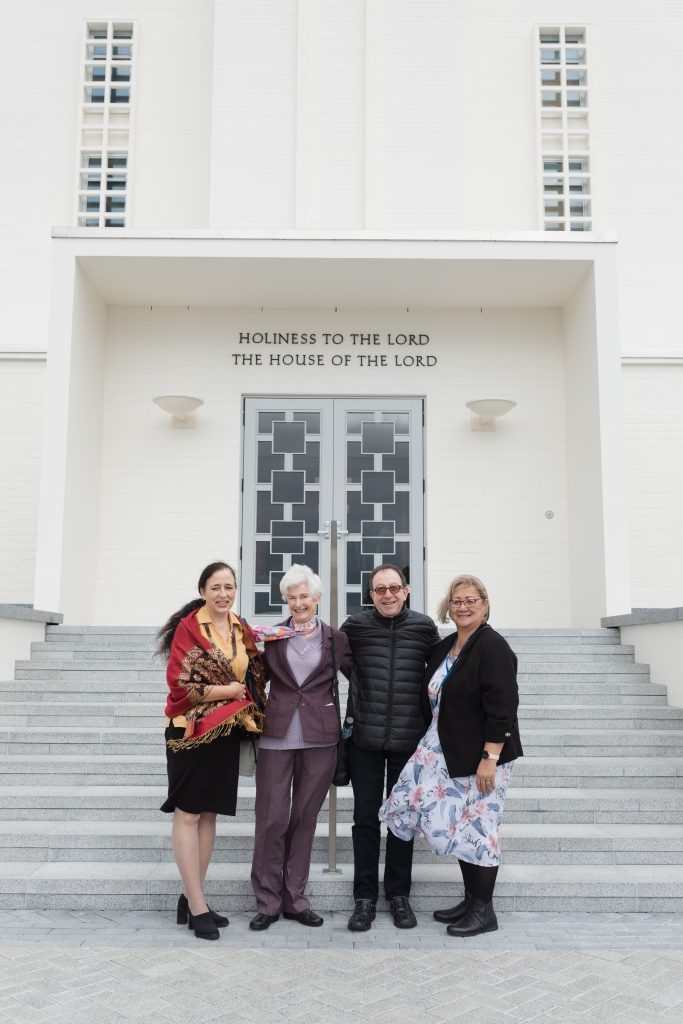
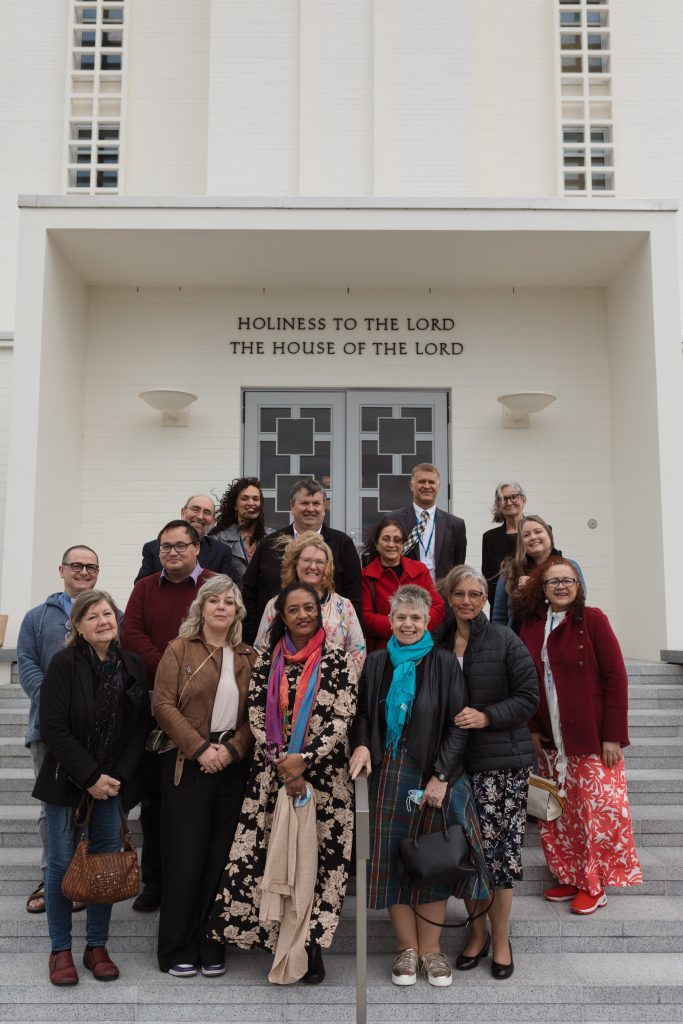
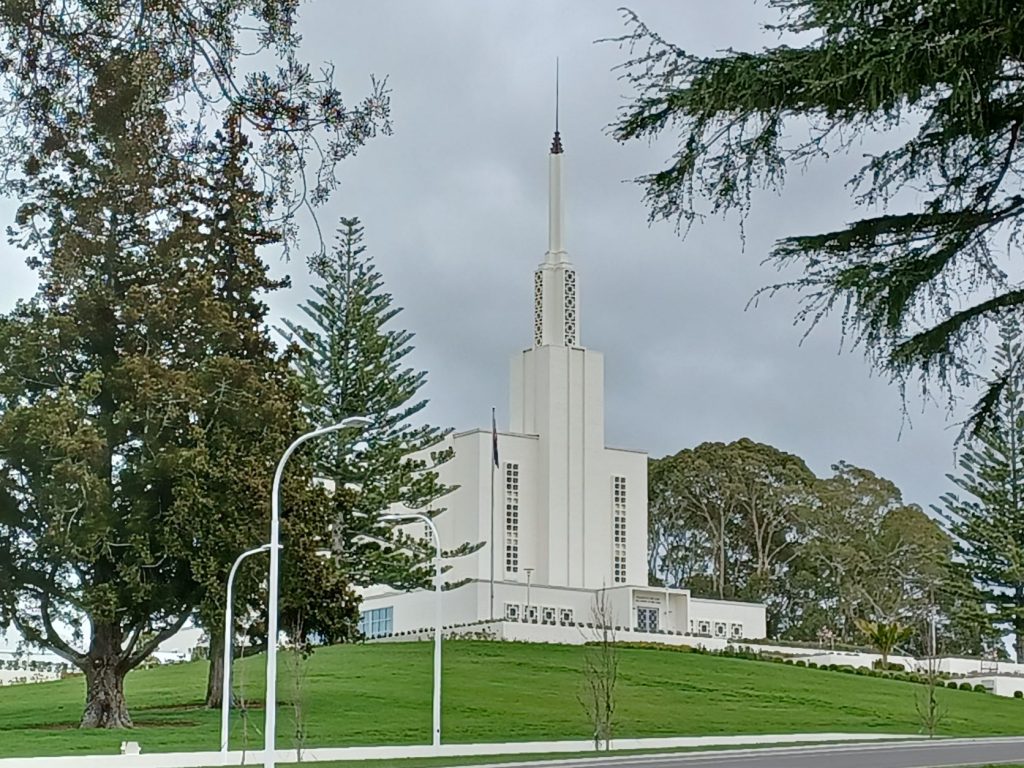
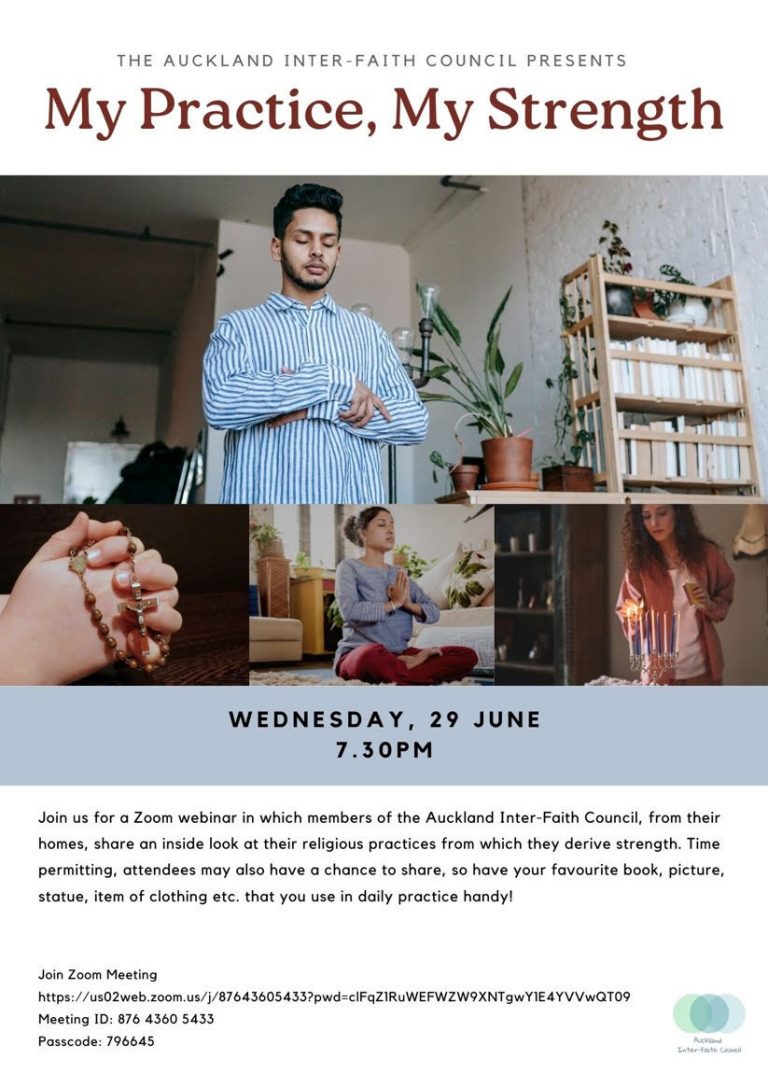
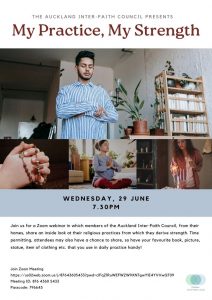

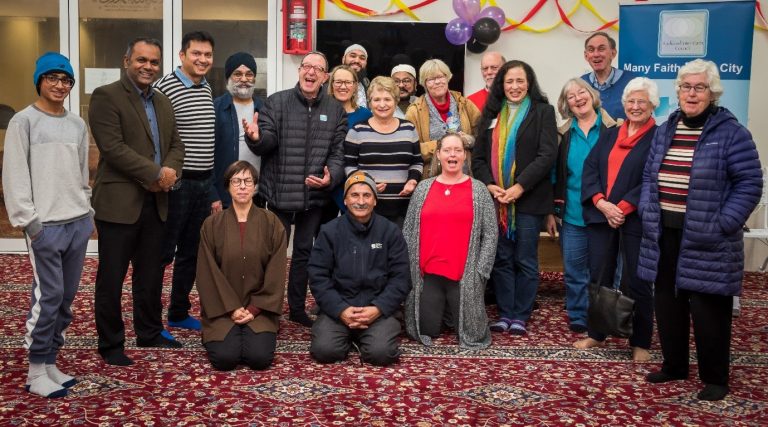

 Ram Lingam, the Hindu representative on the AIFC, explained how Hindu Dharma is aiming at the liberation from our ignorance. The knowledge of Dharma, which means the very nature of a thing, creates balance and ultimately happiness.
Ram Lingam, the Hindu representative on the AIFC, explained how Hindu Dharma is aiming at the liberation from our ignorance. The knowledge of Dharma, which means the very nature of a thing, creates balance and ultimately happiness. The two Christian speakers, Rev Ivica Gregurec (Anglican) and Beate Matthies (Catholic) started with their reference to the Book of Genesis where God entrusted his creation to humankind – to look after it and be stewards.
The two Christian speakers, Rev Ivica Gregurec (Anglican) and Beate Matthies (Catholic) started with their reference to the Book of Genesis where God entrusted his creation to humankind – to look after it and be stewards.

